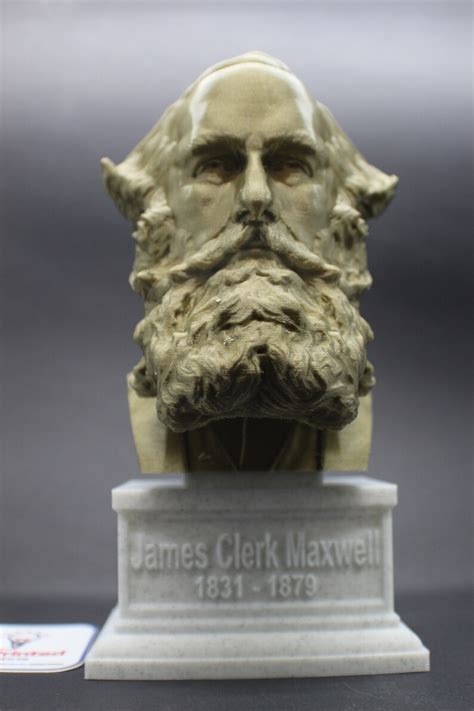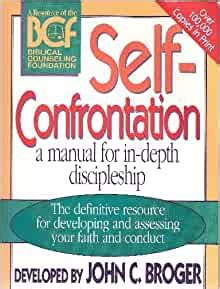A Quote by Pope Francis
In the silence of the Cross, the uproar of weapons ceases and the language of reconciliation, forgiveness, dialogue and peace is spoken.
Quote Topics
Related Quotes
How I wish that all men and women of good will would look to the Cross if only for a moment! There, we can see God’s reply: violence is not answered with violence, death is not answered with the language of death. In the silence of the Cross, the uproar of weapons ceases and the language of reconciliation, forgiveness, dialogue, and peace is spoken.
For language to have meaning, there must be intervals of silence somewhere, to divide word from word and utterance from utterance. He who retires into silence does not necessarily hate language. Perhaps it is love and respect for language which imposes silence upon him. For the mercy of God is not heard in words unless it is heard, both before and after the words are spoken, in silence.
Non-violence means dialogue, using our language, the human language. Dialogue means compromise; respecting each other’s rights; in the spirit of reconciliation there is a real solution to conflict and disagreement. There is no hundred percent winner, no hundred percent loser—not that way but half-and-half. That is the practical way, the only way.
There is no peace in Southern Africa. There is no peace because there is no justice. There can be no real peace and security until there be first justice enjoyed by all the inhabitants of that beautiful land. The Bible knows nothing about peace without justice, for that would be crying "peace, peace, where there is no peace". God's Shalom, peace, involves inevitably righteousness, justice, wholeness, fullness of life, participation in decision-making, goodness, laughter, joy, compassion, sharing and reconciliation.
If you allow someone like Saddam Hussein to get nuclear weapons, ballistic missiles, chemical weapons, biological weapons, how many people is he going to kill with such weapons? He's already demonstrated a willingness to use these weapons. He poison-gassed his own people. He used poison gas and other weapons of mass destruction against his neighbors. This man has no compunction about killing lots and lots of people. So this is a way to save lives and to save the stability and peace of a region of the world that is important to the peace and security of the entire world.

































